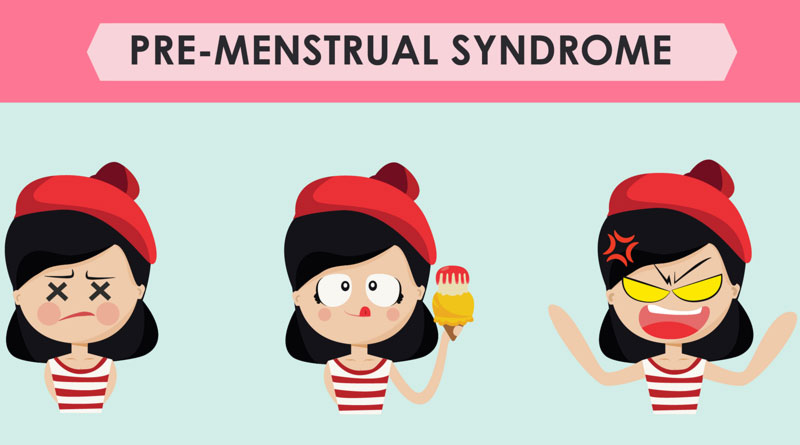
People are often surprised to learn that breast cancer isn’t a single disease, but made up of several sub-types. Individual cancer cells contain surface proteins that respond to signals within the body to cause cancer to grow.
Some cancer grows in response to the hormones estrogen or progesterone. They’re called ER/PR+ cancers. Other cancers grow in response to a protein called HER2/neu and are called HER2+ cancer. One of these subtypes is called triple-negative breast cancer (TNBC).
What Is Triple Negative Breast Cancer?

TNBC doesn’t grow in response to estrogen, progesterone, or HER2/neu. Therefore, there aren’t yet targeted treatments available like there are with other subtypes of breast cancer.
TNBC characteristically has a high recurrence rate, which drops down sharply at five years. According to toContemporary Oncology, about 34 percent of patients experience a distant recurrence with the average time of relapse being 2.6 years.
TNBC Behavior

According to John’s Hopkins Breast Center, about 10 to 20 percent of those diagnosed with breast cancer have the triple negative subtype. TNBC grows rapidly, often has a higher grade, and tends to metastasize (spread).
Because the cancer grows quickly, it’s often discovered by the patient between mammograms. Although it sounds frightening, the fast growth rate means that standard chemotherapies have a good chance of inducing remission.
TNBC has a much better response to conventional chemotherapy than other breast cancer subtypes.
Who Is at Risk?

TNBC occurs most often in:
- premenopausal African-American women
- women with an elevated hip-to-waist ratio
- women who have had fewer children, have not breastfed, or have breastfed for shortened lengths of time
- younger women
- those with the BRCA 1 mutation
Treatment Options

TNBC can be treated with surgery, radiation, and chemotherapy. Emerging treatments such as PARP inhibitors are promising. If you’re diagnosed with TNBC, you can look into clinical trials for more treatment options.
The good news is that scientists are working hard to find more and better ways to treat TNBC.
Hidden Benefit

The risk of recurrence for TNBC is greatest within the first three years and declines rapidly after five years. Therefore, there are no long post-therapy regimens. That suggests a hidden benefit: a shortened treatment course. Women with early-stage, slow-growing ER+ cancers are often in treatment for 10 years or more.
Breast Cancer Subtypes

People are often surprised to learn that breast cancer isn’t a single disease, but made up of several sub-types. Individual cancer cells contain surface proteins that respond to signals within the body to cause cancer to grow.
Some cancer grows in response to the hormones estrogen or progesterone. They’re called ER/PR+ cancers. Other cancers grow in response to a protein called HER2/neu, and are called HER2+ cancer. One of these subtypes is called triple negative breast cancer (TNBC).
What Is Triple Negative Breast Cancer?

TNBC doesn’t grow in response to estrogen, progesterone, or HER2/neu. Therefore, there aren’t yet targeted treatments available like there are with other subtypes of breast cancer.
TNBC characteristically has a high recurrence rate, which drops down sharply at five years. According toContemporary Oncology, about 34 percent of patients experience a distant recurrence with the average time of relapse being 2.6 years.
TNBC Behavior

According to John’s Hopkins Breast Center, about 10 to 20 percent of those diagnosed with breast cancer have the triple negative subtype. TNBC grows rapidly, often has a higher grade, and tends to metastasize (spread).
Because the cancer grows quickly, it’s often discovered by the patient between mammograms. Although it sounds frightening, the fast growth rate means that standard chemotherapies have a good chance of inducing remission.
TNBC has a much better response to conventional chemotherapy than other breast cancer subtypes.
Recurrence

Recurrence, sometimes called relapse, is the return of breast cancer. Breast cancer can recur locally in breast or scar tissue, or distantly in other parts of the body including bones or organs. Cancer that occurs distantly is considered metastatic cancer and is very difficult to arrest, although it’s not untreatable.
TNBC cases that recur more frequently affect soft tissues and organs such as the lung and brain, rather than bones. It’s important to remember that most people with TNBC don’t have a metastatic recurrence.
Who Is at Risk?

TNBC occurs most often in:
- premenopausal African-American women
- women with an elevated hip-to-waist ratio
- women who have had fewer children, have not breastfed, or have breastfed for shortened lengths of time
- younger women
- those with the BRCA 1 mutation
Survival

Five-year survival tends to be low with TNBC, meaning there is a higher risk of death when the cancer does recur. The death rate for TNBC is higher only in the first three years following diagnosis. That risk will depend on the stage and grade of the cancer as well as the patient’s response to treatment.
As with all cancer, it’s imperative to remember that each patient’s prognosis is unique, and that statistics apply to a group and not to an individual.
Treatment Options

TNBC can be treated with surgery, radiation, and chemotherapy. Emerging treatments such as PARP inhibitors are promising. If you’re diagnosed with TNBC, you can look into clinical trials for more treatment options.
The good news is that scientists are working hard to find more and better ways to treat TNBC.
Hidden Benefit

The risk of recurrence for TNBC is greatest within the first three years and declines rapidly after five years. Therefore, there are no long post-therapy regimens. That suggests a hidden benefit: a shortened treatment course. Women with early-stage, slow-growing ER+ cancers are often in treatment for 10 years or more.
Emotions

Once treatment is over, it’s typical for a patient to become quite fearful that the cancer will return. It’s important to continue with a regular appointment schedule. Take charge of your health by eating properly and exercising, and using this time to find emotional balance.
A support group or therapy can help quell fears and provide you with tools to manage feelings of uncertainty. Once the five years are over, TNBC cancer rarely relapses, and a patient can feel confident that they’ve been victorious over their cancer.
Reference:
http://www.healthline.com/
 Parsi Teb Physical and Mental Health Journal
Parsi Teb Physical and Mental Health Journal 






